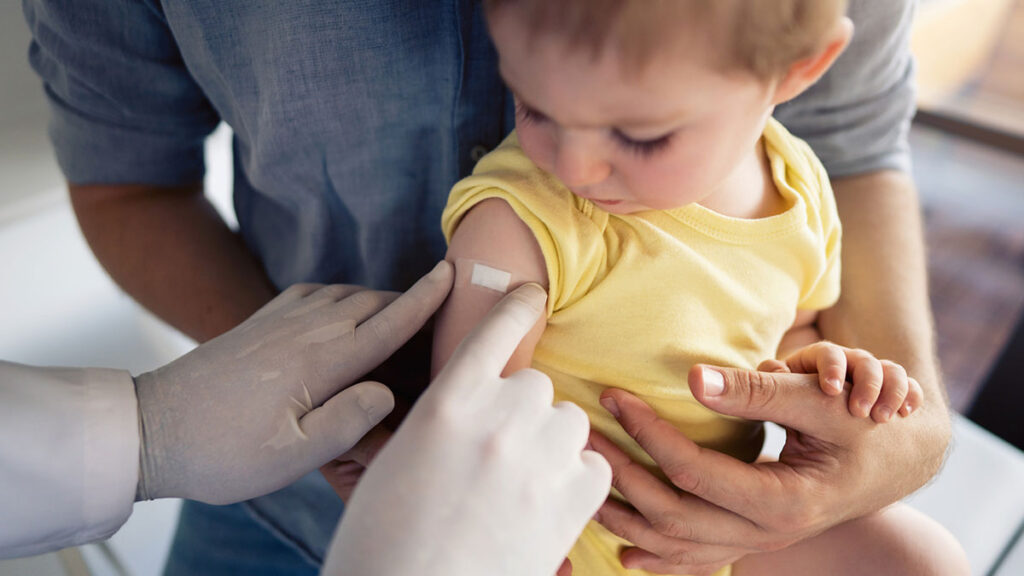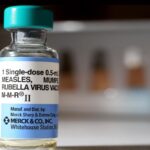Measles is a highly contagious viral disease that can lead to severe complications, including pneumonia, encephalitis, and even death. Vaccination remains the most effective method for preventing measles outbreaks and ensuring long-term immunity. The measles vaccine, often administered as part of the MMR vaccine (measles, mumps, and rubella), has significantly reduced the global incidence of the disease.

What Is the Measles Vaccine?
The measles vaccine contains a live-attenuated form of the measles virus, which stimulates the immune system to produce protective antibodies. It is typically combined with vaccines for mumps and rubella (MMR) or sometimes with varicella (MMRV) for broader protection.
Measles Vaccination Schedule
1. Routine Childhood Immunization
- First dose: 12–15 months of age
- Second dose: 4–6 years of age
- Minimum interval between doses: 28 days
2. Catch-Up Vaccination
- Individuals who missed routine childhood doses should receive two doses at least 28 days apart.
3. Vaccination for Adults
- Adults born after 1957 who have not been vaccinated or lack immunity should receive at least one dose.
4. Special Considerations
- Healthcare workers: Two doses required for those at risk of exposure.
- International travelers: Ensure full vaccination before traveling to measles-endemic areas.
- Pregnant women: Should not receive the vaccine due to live virus content.
Effectiveness and Immunity
- 95% efficacy after a single dose.
- 99% immunity after two doses.
- Lifelong protection in most cases.
Side Effects and Safety
Most side effects are mild and resolve quickly. These include:
- Fever
- Mild rash
- Swelling at the injection site
- Rarely, febrile seizures or temporary joint pain
Measles Outbreaks and the Role of Vaccination
Despite widespread immunization programs, measles outbreaks still occur, often due to vaccine hesitancy and gaps in coverage. The World Health Organization (WHO) and Centers for Disease Control and Prevention (CDC) stress the importance of maintaining high vaccination rates to achieve herd immunity, which requires 95% vaccine coverage.
Global Measles Eradication Efforts
- WHO Measles & Rubella Initiative aims to eliminate measles in five regions by 2030.
- Countries with high vaccine coverage, such as the United States, United Kingdom, and Canada, have drastically reduced measles cases.
- Challenges include misinformation, low-income barriers, and conflict zones preventing vaccine access.
Measles vaccination is a critical public health tool that prevents severe disease and outbreaks. Ensuring full vaccination coverage is essential to achieving global eradication and protecting vulnerable populations. Governments and healthcare organizations must continue to promote vaccine education and accessibility to eliminate measles worldwide.

